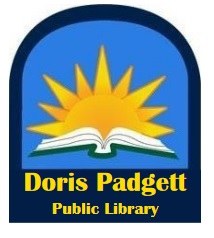Elements of Literature
Component parts of a work of literature.
Allegory
The characters are representative of some larger humanistic trait and attempt to convey some larger lesson or meaning in life.
Allusion
A reference to something in history, culture or literature (especially historical).
Antagonist
The force that works against the protagonist.
Characterization
The creation and development of the people in a story.
Climax
The point in the story where the conflict is at its peak.
Conflict
The struggle a character must overcome.
Connotation
Implied meaning of the word is the associated meaning that comes from its use in various social contexts; will change over time and vary from location to location.
Crisis
A significant turning point in the story that determines how it must end.
Diction
The author's choice of words to imply some social or connotative meaning.
Exposition
The background information of a story.
Flashback
A strategy of plot sequencing where the author takes the reader back to events that occurred before the present time in the story.
Foreshadowing
Use of clues to suggest something that is going to happen.
Imagery
The author's attempt to create a mental picture in the mind of the reader.
Irony
A twist of fate in which the results of action are not the expected results.
Metaphor
A comparison of two generally unlike things meant to illuminate truth.
Motif
A recurring image or idea.
Mood
The feeling a reader gets from a story.
Plot
The events that occur in a story.
Point of View
Refers to whether that story is told by a character or an outside observer.
Protagonist
The character the story revolves around.
Resolution
The conclusion of the story.
Setting
Where and when the action takes place.
Structure
The way that the writer arranges the plot of a story.
Subplot
A secondary plot strand that is a supporting side story for the main plot.
Suspense
The tension that the author uses to create a feeling of discomfort about the unknown.
Symbolism
A person, place, event or object that has a deeper meaning that its literal meaning.
Theme
The central idea or lesson about life that an author conveys.
Tone
The author's voice or attitude about what he or she writes
